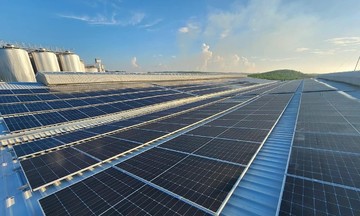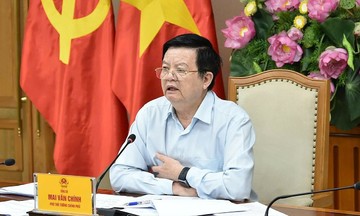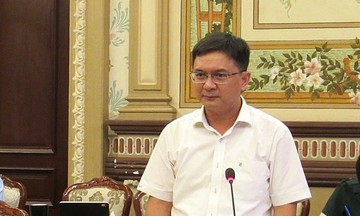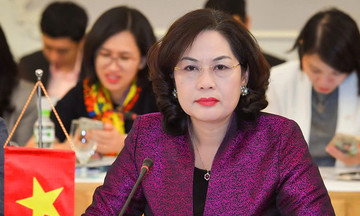At a meeting on amending the Land Law on 10/9, leaders of ministries, sectors, and associations agreed to maintain a five-year cycle for the land price list. They also agreed to add an annual adjustment mechanism using a coefficient or to create a new price list in case of significant market fluctuations. This aims to reflect market realities, reduce overlap, and save resources.
Deputy prime minister Tran Hong Ha expressed his agreement with this viewpoint. He added that the coefficient must have a clear determination method, a specific legal basis, and a specified fluctuation threshold for adjustments.
"In the long term, Vietnam needs to move towards a unified land price based on land data, but in the meantime, we still have to apply the price list and coefficient," he said.
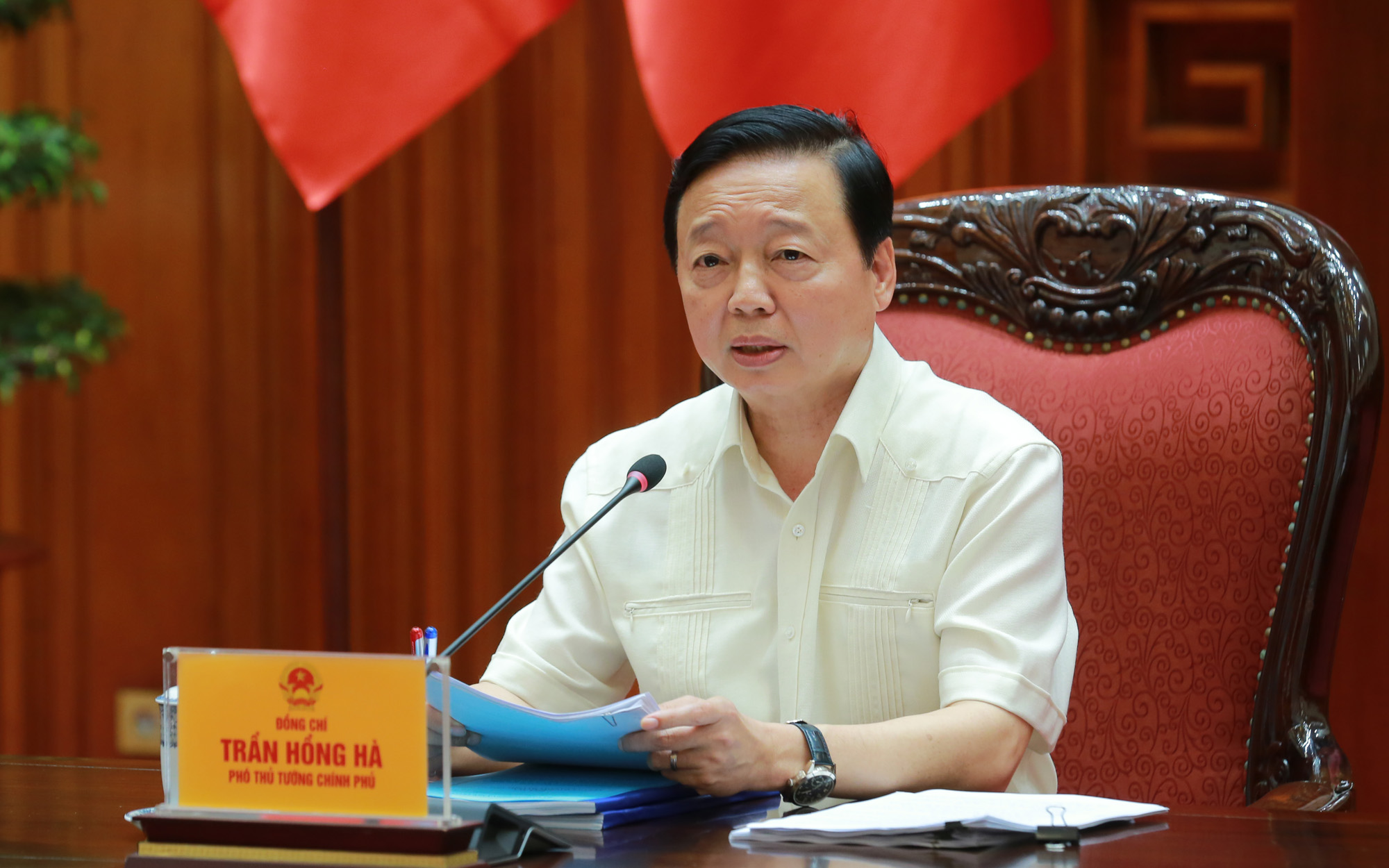 |
Deputy prime minister Tran Hong Ha speaks at the meeting on 10/9. Photo: VGP |
Deputy prime minister Tran Hong Ha speaks at the meeting on 10/9. Photo: VGP
The amended Land Law is expected to take effect on 1/1/2026. At the conference, representatives of agencies also provided feedback on several issues such as land acquisition, lease, and allocation.
Regarding land acquisition, Professor Hoang Van Cuong, former vice principal of the National Economics University, proposed narrowing the scope of state land acquisition. He suggested it should only apply to public purposes, national defense, and security. For commercial and service projects, he suggested allowing businesses and people to negotiate directly. Compulsory acquisition should only occur in special cases with the consent of the majority (75-80%) of households.
Concluding this issue, the deputy prime minister stated that projects related to national defense, security, free trade zones, and international financial centers fall under the authority of the prime minister and state acquisition. Specific regulations are needed for social infrastructure projects such as social housing, education, and healthcare. Additionally, the Ministry of Agriculture and Rural Development needs to research regulations assigning the prime minister to approve land acquisition decisions in special cases.
The deputy prime minister also requested a clear distinction between land acquisition for projects through agreements on receiving land use rights under civil law and the state's land acquisition mechanism under separate policies. Projects subject to state acquisition where investors have reached agreements with most households (70-80%) can be considered for continuation under the agreement mechanism between investors and residents, instead of requiring the state to conduct the acquisition.
Many opinions also suggested clarifying the distinction between auctions and bidding in land allocation and leasing. Specifically, auctions should only apply to land areas with stable infrastructure and planning. Bidding aims to select investors with the best capacity and development plans, not solely based on price.
Regarding policies for exemption and reduction of land use fees, delegates suggested the state needs appropriate support mechanisms, especially for households legally using land but without land use right certificates, to avoid disadvantages when applying the new price list.
Deputy minister of Finance Bui Van Khang said the ministry is drafting a document to remove obstacles related to financial obligations when households and individuals convert agricultural land to residential land. Accordingly, specific regulations will apply to each case within and outside the limit, and the number of times incentives can be enjoyed.
The Ministry of Finance proposed adding clear regulations on land use fee exemptions and reductions for businesses, or assigning the government to make annual decisions and report to the National Assembly. This aims to ensure transparency and stability for production and business activities.
Regarding land use planning at the commune level, the deputy prime minister agreed with the proposal not to establish commune-level land use plans. Commune-level land use plans need to be linked with urban and rural planning, ensuring spatial effectiveness.
Concerning land use rights, the deputy prime minister affirmed that businesses can choose to pay land rent annually or in a lump sum. If paid in a lump sum, the lessee can mortgage assets attached to the land. Regulations piloting the mortgage of assets attached to land with annual rent payments "will only be included in the law after a complete summary."
For build-transfer (BT) projects, the Ministry of Agriculture and Rural Development needs to coordinate with the Ministry of Construction to review and design regulations ensuring consistency in land valuation timing during land allocation and contract signing.
Additionally, the deputy prime minister noted the need for regulations addressing force majeure events like natural disasters, epidemics, or state-directed planning adjustments causing delays in land use fee payments. This is to avoid unreasonable charges for businesses and people. Management agencies must also have fair policies for households and individuals using land stably and legally but experiencing delays in obtaining land use right certificates.
Concluding the meeting, deputy prime minister Tran Hong Ha requested the drafting agency to finalize the draft in a rigorous and transparent manner, while also creating favorable conditions for management and practical implementation.
Phuong Dung



